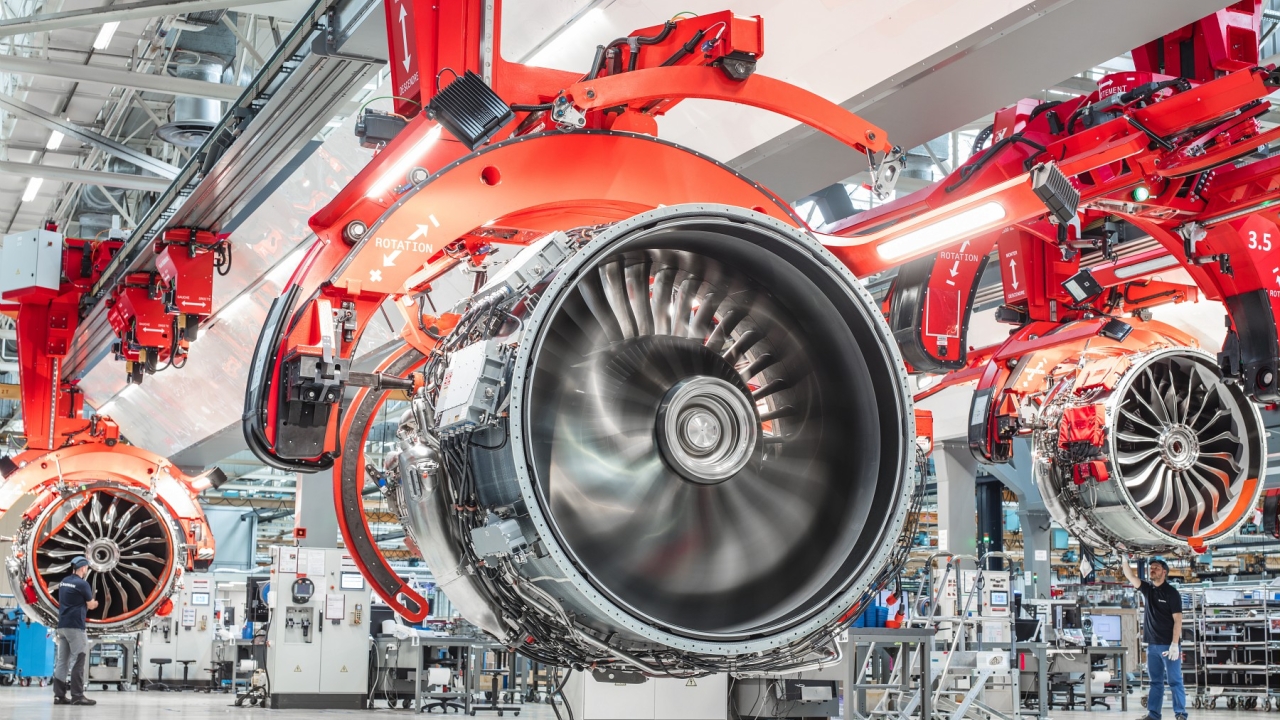MRO looks set to break through in west Africa
Chukwu Emeke highlights one of the major challenges facing west African airlines.

Since the demise of former west African national carriers, such as Nigeria Airways and Air Afrique, airlines across the sub-region have struggled for survival.
There have been considerable economic pressures, with aircraft maintenance costs gulping up 30 to 40% of operating costs – no thanks to the absence of a maintenance repair and overhaul (MRO) centre.
Nigeria’s Minister of State for Aviation, Hadi Sirika, said airlines are spending at least, $1.8 million on each C-check on their B737 classic aircraft – the most commonly used type for domestic flight operations in Nigeria.
The acting director-general of Nigeria’s infrastructure concession regulatory commission (ICRC), Chidi Izuwah, said: “Considering the importance of MRO, it is incomprehensible that none exists in the west African region 98 years after the first aircraft landed in Nigeria in 1920.
“The lack of an MRO has had a negative impact on the survival of airlines in the region. They have struggled to maintain their fleet or stay in business for consistently long periods due to the exorbitant cost of maintenance and the time it takes to fly the aircraft for checks.”
He added that a demand forecast study had shown that more than half of the $3 billion annual expenditure by African airlines on maintenance was taken outside the continent.
He was perturbed at the situation where less than 80 aircraft are operated by airlines in Nigeria, serving a population of more than 180 million people with in excess of 30 airports.
The CEO of 7 Star Global Hangar, Isaac Balami, said a single B737 aircraft grounded and awaiting maintenance had a negative impact of more than $100,000 per day to the owner and operator airline.
Air Peace chairman, Allen Onyema, added: “The kind of money we spend in Air Peace when we go for maintenance… the legacy airlines of this world do not spend half of it. We spend close to $2.5 million to $3 million doing C-Checks and D-Checks.”
To stem the trend, many in the sector have called for investment in a locally housed MRO and the ability to take advantage of MRO partnerships.
“There is an urgent need for local investment. It will reduce maintenance and personnel costs, which take a higher percentage of airlines operating budget,” said Captain Fola Akinkuotu, former managing director of Aero and current CEO of Nigeria Airspace Management Agency (NAMA).
He said such investment would bring job creation for youngsters and professionals, and make airlines more profitable.
The aviation safety round table initiative (ASRTI) has repeatedly stressed the need “for local airlines to pull resources together and establish local maintenance facilities as a way of reducing aircraft maintenance costs”.
Nick Fadugba, chairman of the African Business Aviation Association (AFBAA), advocates joint training, MRO spares pooling, joint operations, interlining and code-sharing as measures that could help to minimise the MRO challenges in west Africa.
Now, hope seems to be rising.
At the second annual AviationGhana breakfast meeting next month, Ghana’s former aviation minister, Cecilia Abena, plans to submit a memo to the ministry of finance, proposing the removal of taxes on aircraft spare parts.
The new minister, Joseph Kofi Adda, also recently called on airlines, through the board of airline representatives (BARGH), to furnish his office with the requisite data to inform policy decisions.
The Nigerian Civil Aviation Authority has also issued licenses to a few aircraft maintenance organisations (AMOs), while 68 aircraft maintenance engineers’ licenses were issued between January and June 2018.
Sirika has received from the ICRC the outline business case certificate for a proposed MRO facility by Nigeria’s Government. He says the MRO, when established, would serve as a maintenance facility for both Nigerian airlines and other airlines in west Africa.
Stay up to date
Subscribe to the free Times Aerospace newsletter and receive the latest content every week. We'll never share your email address.

